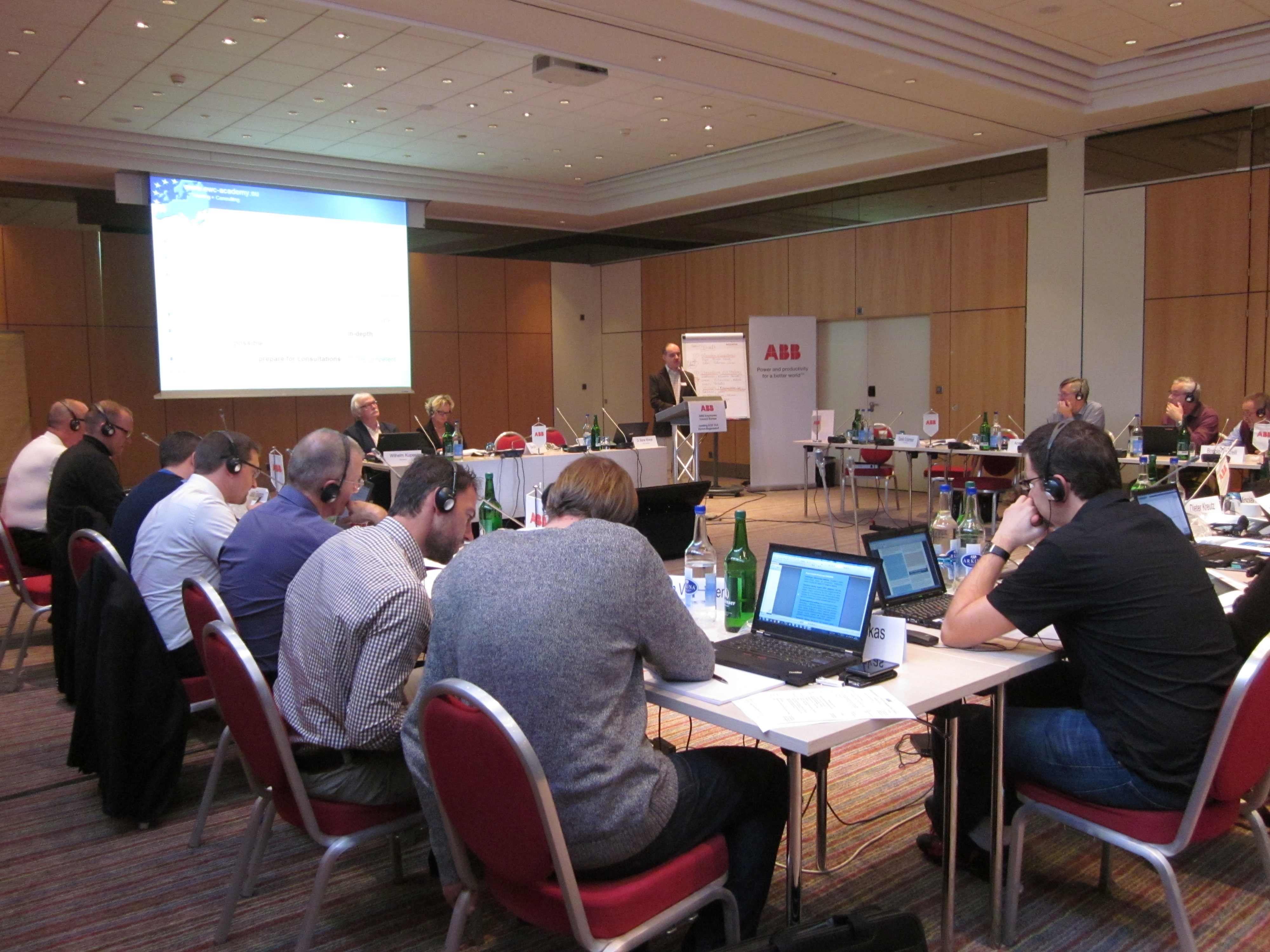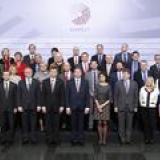Eurofound investigates and reports on developments concerning the social partners, and research examines how they have responded in the EU Member States, the UK and Norway to the many new political, legal and social challenges that have arisen in recent years.
Trade unions
Eurofound provides comparative research and articles on the main European trade unions, their memberships, organisational densities, mandates, strategies, what they offer to their members, and many more aspects of their operation.
Employer organisations
Comparative research and articles are available on the main European employer organisations, their memberships, organisational densities, mandates, strategies and other aspects of their operation.
Involvement in policymaking
Eurofound also looks at the involvement of the national social partners in the design and implementation of reforms and policies, both in national policymaking and in the context of the European Semester and the elaboration of the National Reform Programmes.
Role of social partners in the just transition
Eurofound research investigates the involvement of the social partners in the just transition to a climate-neutral economy. It focuses on their input in shaping the territorial just transition plans designed to protect vulnerable regions that are carbon intensive or where most of employment depends on fossil fuels. An analysis of social dialogue practices and examples of collective agreements shows the range of topics covered by the social partners.
Policy responses
Eurofound’s EU PolicyWatch collates information on the responses of government and social partners to the COVID-19 pandemic, the war in Ukraine and rising inflation including the role of the social partners in the design and implementation of the various measures in the Member States.
EU-level sectoral social partners and representativeness
European sectoral social dialogue has been slowly developing since the establishment of sectoral social dialogue committees in 1998. As of 2018, there are 43 such committees. Since 2006, Eurofound has had a mandate to carry out representativeness studies of the EU-level sectoral social partner organisations to identify the representative actors to be consulted. These studies are the most extensive mapping of sector-related employer organisations and trade unions across Europe. Research also compares the different ways in which the representativeness of social partners is defined at national, European and international levels.



















